Man@ng is Deity Composer, Joshua Icban discusses Fil-Am music history and inspiration for the show’s original music
Icban’s parents, Elviro and Claire
What’s your family's immigration story?
I was born in Vallejo, CA. My father was in the Navy so we were a military family and the service was his means of coming to America. Before that he lived in Lubao, Pampanga. He participated in radical anti- martial law activity during that time which was also a factor in his need to leave. My mother grew up in Angeles, Pampanga, and immigrated to the states when she was barely 21 via my lolo. Dad was her first boyfriend, and they're still together thirty-eight years later.
What's your favorite food?
Bob's Doughnuts.
What are some of your influences as a musician?
All music is energy—shared and transferred—and that’s what we are: matter and energy. I'm influenced by music's role in connection and as a reflection of those who create it, the story and mythology it's carries. Also, music's role as a portal to things beyond. In many ceremonies and rituals, there has to be music. Through the western lens, it's called "entertainment" but it's something much deeper.
“My studies specifically focused on the stories of how Filipinos ended up in the Bay Area and the immense contributions we’ve made to American history and culture. Much of this history is very brutal and it’s something that’s not readily acknowledged (or fully known) amongst our own circles. ”
What kind of experiences and research went into composing the music for this show?
Prior to working on this project, I was privileged enough to complete an MA in ethnomusicology. My studies specifically focused on the stories of how Filipinos ended up in the Bay Area and the immense contributions we've made to American history and culture. Much of this history is very brutal and it's something that's not readily acknowledged (or fully known) among our own circles. I was/am inspired by Manai's (Alleluia Panis) vision to “deify” the experiences of the Man@ng generation and hold it in honest reverence.
Music and sound wise, I kept in mind the time period and what was happening stylistically and how certain forms of music functioned in different places. Music for the club, music for the fields, music for love, music for grief. I also wanted to acknowledge deeper roots via certain sounds such as the Kalinga gangsa, as many who first immigrated hailed from those northern Luzon territories.
Describe one of your most intense moments as a musician.
Recently the most intense experience was during Tribal Tour 2018 with Kularts and taking part in the Ipat ritual in Cotabato. There was music played throughout the whole four days. Heavy hypnotic gongs and drums and our shaman chanting called down certain spirits. To experience music as a spiritual conduit in a Filipino context, something that was totally unknown to me beforehand, was deeply affecting and an experience I'll never forget.




